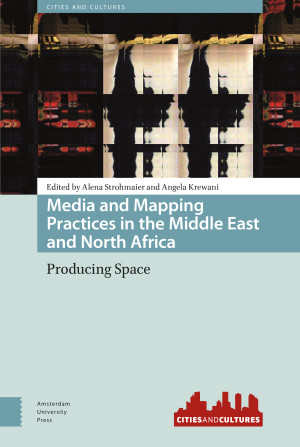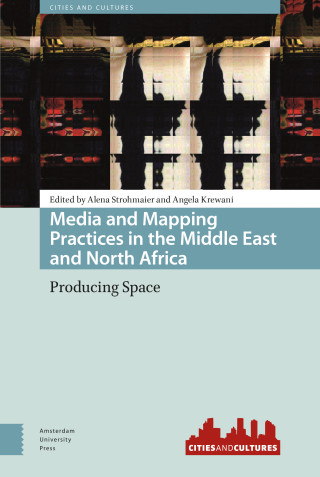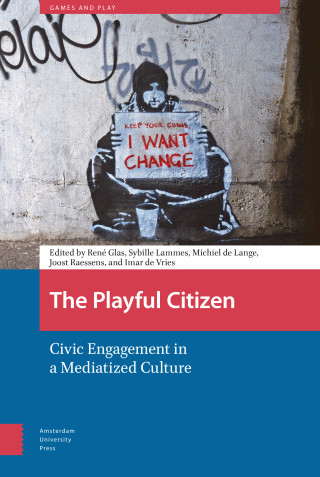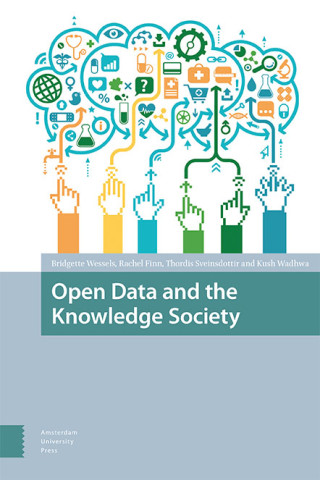"Subjects in this book fit perfectly in the field of media and mass communication. Topics ranging from the news coverage in the Middle East to the history of communication and the technology used by the political elite in Asia could be used for research. Further, political scientists and sociologists (those who are focusing on subjects related to social movements and the intersection between the citizenries and rulers) could build upon information discussed in this book. Lastly, the audience of this book could be scholars of media effects, who focus their research interest on the news coverage and political communication, especially in the Middle East. Also, this book could be used undergraduate students about international communications subjects to explore the use of new media and technology in different parts of the world."
- Ahmed Alrawi, Mass Communication and Society (2021)
"In vividly observed case studies, this book presents a living, lacy meshwork of cartographies stretching across the MENA region. The authors extend mapping to a wide range of practices, bureaucratic and embodied, imperial and grassroots, to generate trenchant redefinitions of both media and nation-building."
- Prof. Dr. Laura U. Marks, School for the Contemporary Arts, Simon Fraser University Vancouver (Canada)
"This edited volume addresses an original topic. Bringing together analyses on various locations in the Middle East and North Africa, it aims for an open, dynamic understanding of 'area' not as given, but as set of spaces that is constantly reimagined and produced."
- Dr. Christiane Reinecke, Research Centre Global Dynamics, Universität Leipzig (Germany)





